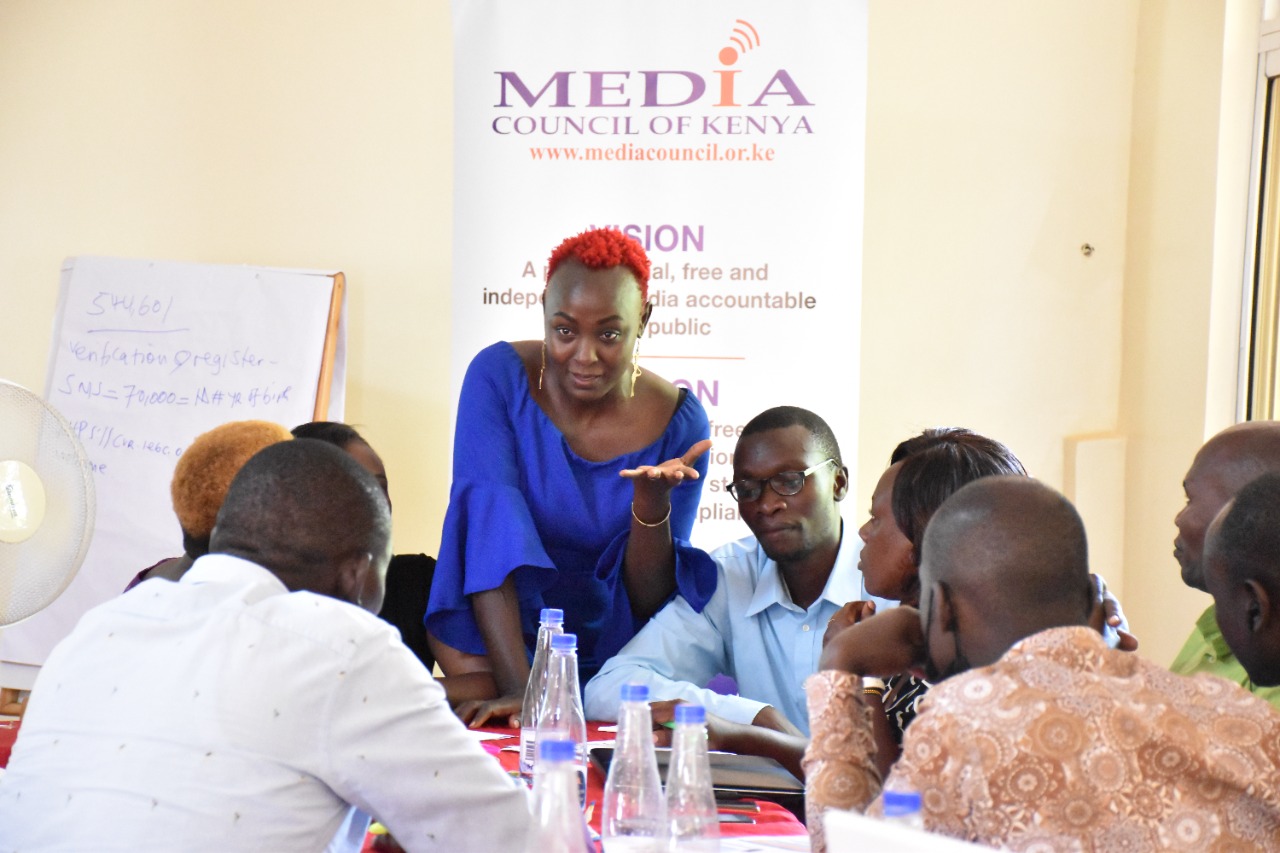
By Joseph Mecha
Conflict conscious journalism is key while reporting sensitive issues, especially in conflict-affected areas.
Good journalism entails proper delivery of news that is accurate, impartial and enables mwananchi to make informed decisions. Journalists ought to detach their emotions, personal interests, and influence from the stories they cover, in order to foster accurate and impartial reportage.
As the world commemorated the World Radio Day (WRD) early this year, it was important to reflect on the role of radio in raising awareness through news, informative programs, enhancing cohesion, networking and promotion of peace.
Radio continues to reach a wider audience especially, those in remote areas due to its accessibility and ability to relay information in vernacular. This makes radio a medium that has no boundaries and speaks to millions.
Radio provides a platform for important discussions and different opinions that affect public discourse. Radio has the ability to propagate violence, if used to glorify conflict.
There is need for trainings on sensitive reporting to give journalists a better understanding of their role in peace building by encouraging responsible journalism.
The Media Council of Kenya (MCK) has invested in conflict sensitive trainings which focus on the role of the media in peace building, conflict management and prevention.
The Council remains determined to promote professionalism through trainings as well as encouraging media to adapt to dynamic editorial and ethical demands. The tailor-made trainings generate positive results and help restore peace in conflict prone areas.
Critical analysis before disseminating information is core to avoid disseminating inaccurate information that may cause harm rather than good.
Conflict sensitive reporting is about solution building, while discussing sensitive issues on air. Journalists should build solutions to a given problem instead of propagating incitive content that may glorify conflicts.